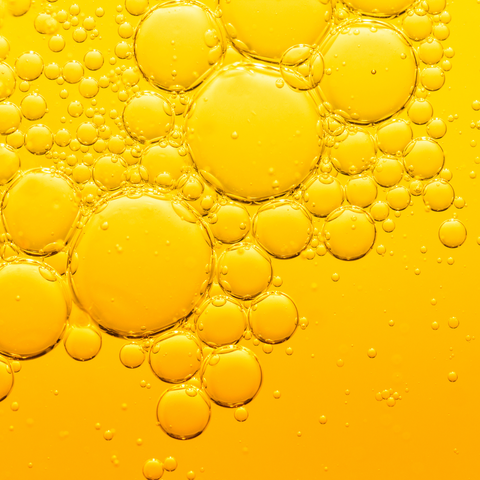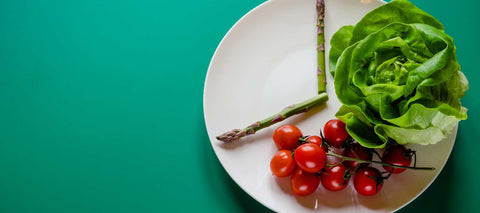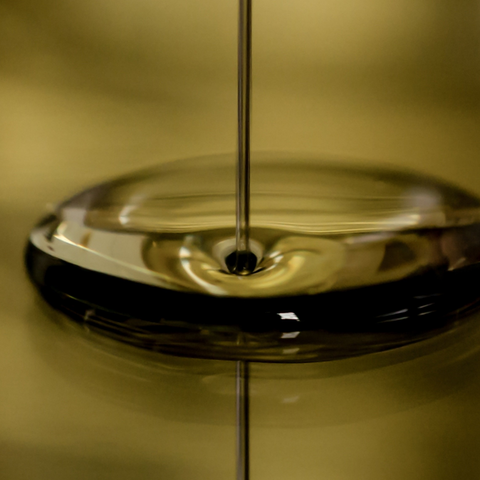While keto is generally seen as a healthy lifestyle choice with plenty of benefits, some people do worry about its impact on cholesterol levels.
If you do suffer from high cholesterol, it’s always important to check with your GP first before you switch to a keto diet – there may be better options that will help you lose weight and improve your health, for example, switching to a gut-friendly diet.
What is Cholesterol?
Cholesterol is often seen as totally bad but plays an important role in the functioning of the human body. It’s needed to make certain hormones, helps maintain cell structures and is used in the protective covering we have around our nerves.
There are two distinct types of cholesterol – LDL and HDL. The former is seen as unhealthy and can contribute to the development of heart disease. It is found in red meat and fried foods. The latter is the good HDL and it is found in oily fish, olive oil and avocados.
The relationship between diet and LDL cholesterol is a little complicated. Some studies show people on a keto diet show little change in either LDL or HDL. Others can show a lowering of LDL and a slight increase in HDL. In some people, however, the LDL cholesterol rises considerably and this can cause concern.
Especially when starting a keto diet, people can get the balance wrong when it comes to the amount of fat they consume. Lowering your intake of fat doesn’t mean you won’t be able to go into ketosis and achieve all the benefits, it just might take slightly longer.
There are several things you can do to reduce your LDL cholesterol, and keeping a record of what you eat and how much fat you consume is just a part of that.
Don’t Add Butter or Coconut Oil to Your Coffee
Bulletproof coffee, where you add butter or coconut oil to your morning brew is all the rage and is often used to get that higher fat intake up and running for the day. The high level of saturated fat, if you have high cholesterol, is a concern. The truth is, you can easily remove this from your regime without making too much of a difference to your ketosis levels.
Adding Intermittent Fasting
There is some evidence that restricted time eating or intermittent fasting can help reduce LDL levels too. A study in 2019 found that a period of 10-hour time of restricted eating not only reduced weight and blood pressure but also lowered atherogenic lipids in the blood.
Eat More Unsaturated Fats
You don’t have to pile on the fatty steaks and bacon to get more fat into your diet, there are lots of other options. Unsaturated fats are healthier and found in oily fish such as salmon and mackerel and olive oil.
Foods That Can Lower Your LDL Cholesterol
Some specific foods have been shown to actively reduce levels of LDL cholesterol, if only by a small amount. These include:
- Avocados: A study in 2015 showed that in diets that substituted avocados for meals with saturated fats, there was a decrease in TC, LDL-C, and TG levels for cholesterol.
- Dark leafy greens: We all know that plant foods like spinach and cruciferous vegetables such as broccoli are good for us. But they can also slightly reduce LDL cholesterol because they bind to bile acids in the gut and are excreted rather than being absorbed into the bloodstream.
- Nuts and seeds: These are not only rich in fibre, but they also contain monosaturated fats that are better for us than saturated fats.
- Cocoa and dark chocolate: A little bit of proper dark chocolate (containing at least 85% cocoa) is good for you and may lower your LDL levels.
The relationship between keto and high cholesterol is a lot more complicated than many people think. As with any diet change, keeping yourself informed and not going to excess in the amount of fat you consume is important. If you do have concerns, it’s a good idea to sit down and discuss potential issues with your GP or a qualified nutritionist.
Wondering why people choose the keto diet? Check out our article on the 4 reasons why people choose keto.




Comments (0)
There are no comments for this article. Be the first one to leave a message!